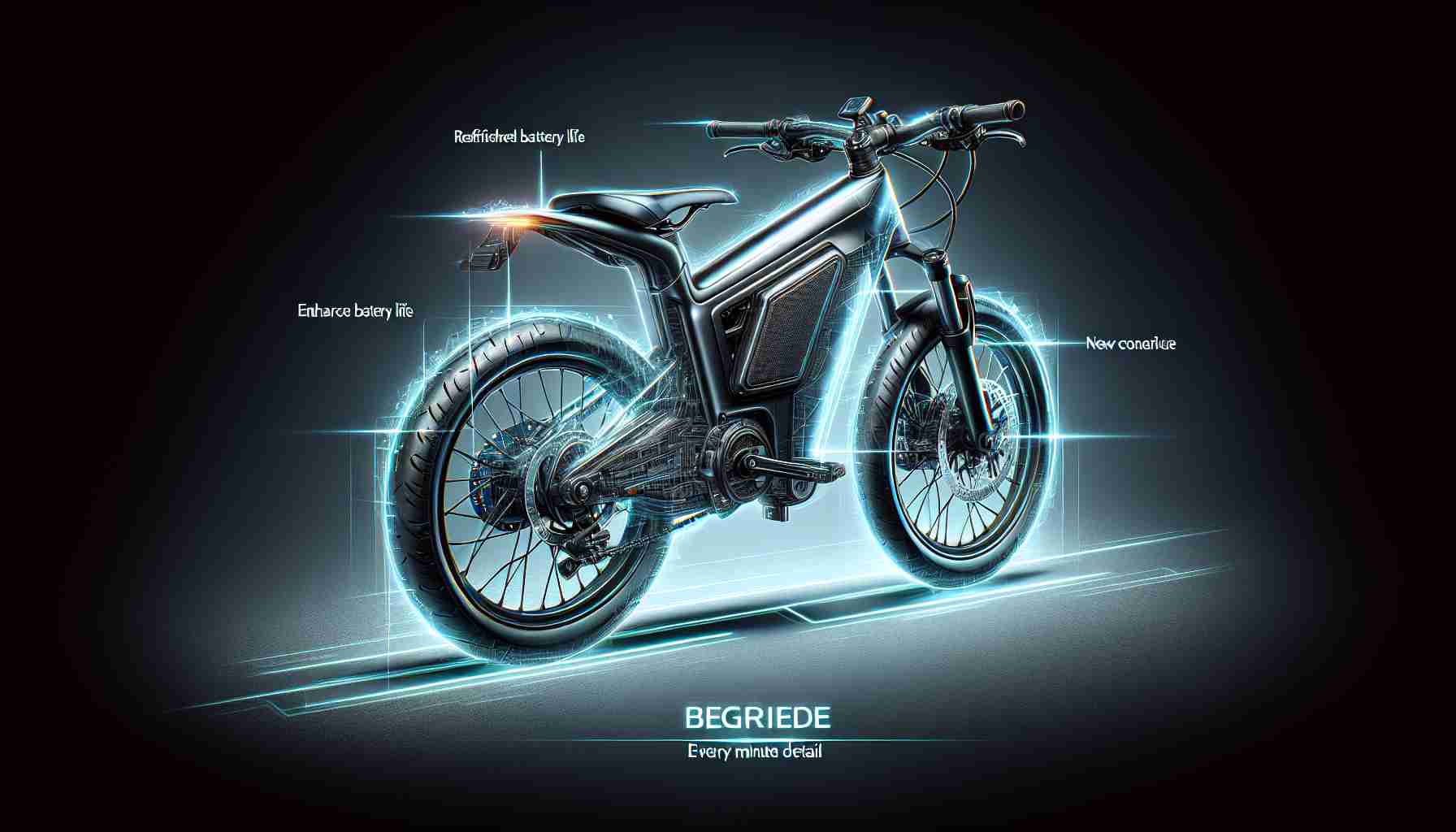Cannondale has recently introduced the latest generation of their Synapse Neo e-bike, bringing significant upgrades to the line. The new model features a carbon frame, increased assist capabilities, and the option for a range extender. However, one of the most notable changes is the consolidation of the Synapse Neo lineup into one premium build option.
While the previous generation offered separate road and all-road variants, the new Synapse Neo will be the sole model available in North America at the time of launch. European and UK markets will receive the Synapse Neo Allroad, which is equipped with a gravel handlebar and knobby tires for off-road adventures.
The Synapse Neo retains the design elements of its non-electric counterpart, including dropped seat stays and a slim fork. It also boasts fully internal cable routing, thanks to the innovative Cannondale C1 Conceal stem and Delta steerer tube. The carbon fiber frame provides mounts for fenders, a rack, and even a kickstand.
Powering the Synapse Neo is Bosch’s Performance Line Sprint motor, offering assistance up to 28 miles per hour. The mid-drive unit is lightweight and specifically tuned for road riding, providing a smoother and more natural riding experience. The bike features a Bosch 400 Wh battery, with the option to add a 250 Wh range extender for extended journeys.
In terms of geometry, the Synapse Neo offers an upright riding position, making it ideal for cruising along straight lines. However, riders seeking a more agile and aggressive experience may consider Cannondale’s SuperSix Evo Neo, which offers similar electric assist capabilities but with a lighter and stiffer frame.
The new Synapse Neo is available with different drivetrain options, including Shimano Ultegra Di2 and SRAM Force AXS XPLR. It also comes with internal cable routing for a cleaner aesthetic. Pricing for the Synapse Neo starts at $8,500 in North America, with the Synapse Neo Allroad 1 being exclusive to Europe and the UK, for now.
The e-bike industry has been experiencing significant growth in recent years, driven by increasing demand for sustainable transportation options and the desire for a more accessible and enjoyable cycling experience. Cannondale’s introduction of the latest generation of their Synapse Neo e-bike is a testament to the industry’s continuous innovation and development.
With a carbon frame, the new Synapse Neo offers improved strength and durability while maintaining a lightweight design. This allows riders to enjoy the benefits of an e-bike without sacrificing performance. The bike is equipped with Bosch’s Performance Line Sprint motor, known for its powerful and efficient assistance, providing speeds of up to 28 miles per hour.
One key feature of the Synapse Neo is the option for a range extender, allowing riders to go on extended journeys without worrying about running out of power. The 400 Wh battery, combined with the possibility of adding a 250 Wh range extender, ensures that users have the flexibility to explore longer routes and venture into new terrains.
The consolidation of the Synapse Neo lineup into one premium build option for the North American market reflects Cannondale’s strategy to streamline their offerings and provide customers with the best possible experience. In contrast, European and UK markets will receive the Synapse Neo Allroad, specifically designed for off-road adventures with features like a gravel handlebar and knobby tires.
In terms of pricing, the Synapse Neo starts at $8,500 in North America, positioning it as a high-end option for enthusiasts and riders looking for top-quality e-bikes. The Synapse Neo Allroad 1, which is exclusive to Europe and the UK for now, offers a similar premium experience with its off-road capabilities.
As the e-bike market continues to expand, there are several industry forecasts and issues to consider. According to a report by Market Research Future, the global e-bike market is projected to reach a value of approximately $38 billion by 2025, with a compound annual growth rate of 9.01% during the forecast period. This growth can be attributed to factors such as increasing environmental awareness, urbanization, and government initiatives promoting sustainable modes of transportation.
However, challenges such as safety concerns, regulatory issues, and the high cost of e-bikes still exist. Safety remains a crucial aspect as the speed and power of e-bikes can pose risks, especially when sharing the road with traditional bicycles and pedestrians. Regulatory frameworks are being developed to address these concerns and ensure that e-bikes are used responsibly and safely.
Furthermore, the price point of e-bikes can be a barrier for some potential buyers. While the cost of e-bikes has been decreasing over time, it is still higher compared to traditional bicycles. However, advancements in technology and increased competition in the market are expected to drive prices down, making e-bikes more accessible to a wider range of consumers.
To stay informed about the latest trends and developments in the e-bike industry, you can visit reputable sources such as E-Bike Tips and Electric Bikee. These websites provide comprehensive coverage of the industry, including reviews, market insights, and updates on regulations and advancements in e-bike technology.
